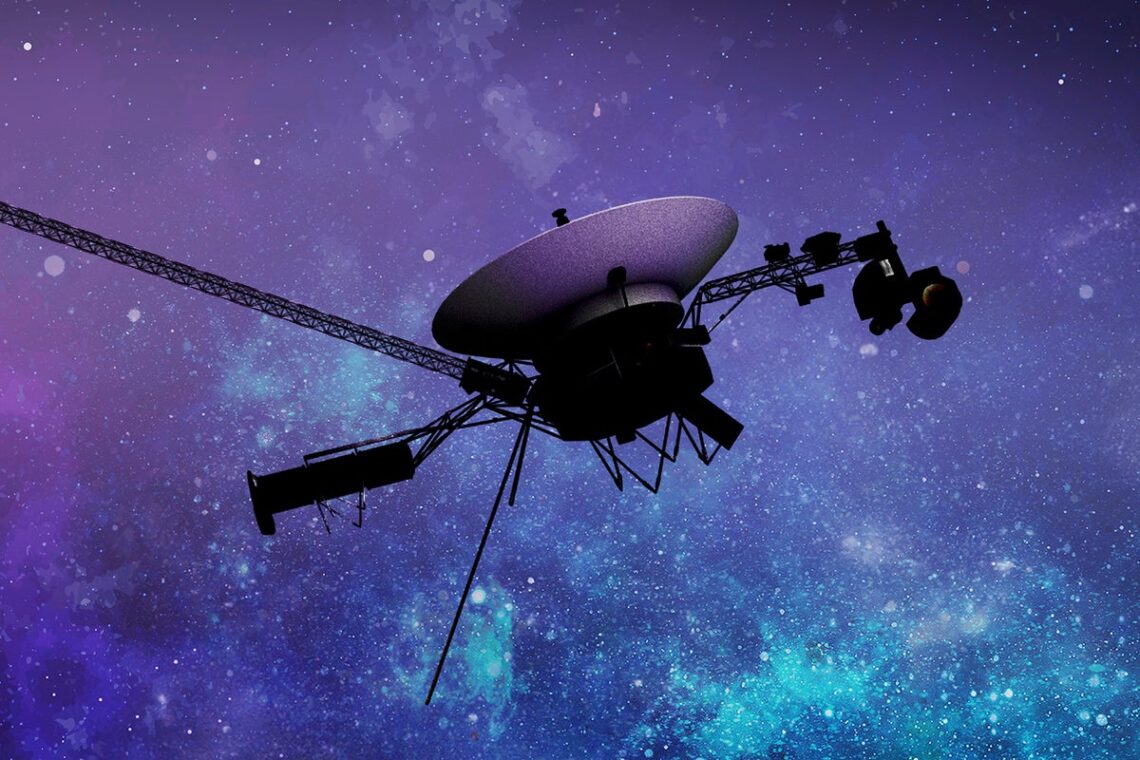NASA’s Voyager Probes Lose One Instrument Each as Power Wanes
NASA’s twin Voyager probes, which launched in 1977, are the longest-running missions to send data home. But as their power supplies wane, scientists are saying goodbye to one instrument on each spacecraft
NASA’s most distant observers are losing steam as the toll of spending nearly five decades in space adds up. Scientists have announced that they will turn off one additional instrument on each spacecraft to conserve energy.
The twin Voyager probes launched in 1977 to take advantage of a once-in-176-year alignment of the outer planets. That task wrapped up within a little more than a decade, but still the spacecraft trek outward: currently, Voyager 2 is more than 13 billion miles from Earth, and Voyager 1 is more than 15.5 billion miles away. At this point, the Voyagers are tasked with studying the interstellar medium found beyond the influence of the sun.
Scientists will have observations from one less instrument on each spacecraft moving forward, however, NASA officials announced on March 5. Mission managers turned off Voyager 1’s cosmic ray subsystem experiment on February 25, the agency wrote, and will do the same for Voyager 2’s low-energy charged particle instrument on March 24. These instruments observe fast-moving charged particles called cosmic rays, as well as ions and electrons, in interstellar space. Both deactivations are purposeful energy-saving measures.
On supporting science journalism
If you’re enjoying this article, consider supporting our award-winning journalism by subscribing. By purchasing a subscription you are helping to ensure the future of impactful stories about the discoveries and ideas shaping our world today.
“The Voyagers have been deep space rock stars since launch, and we want to keep it that way as long as possible,” said Suzanne Dodd, Voyager project manager at NASA’s Jet Propulsion Laboratory (JPL), in the March 5…
Read the full article here

